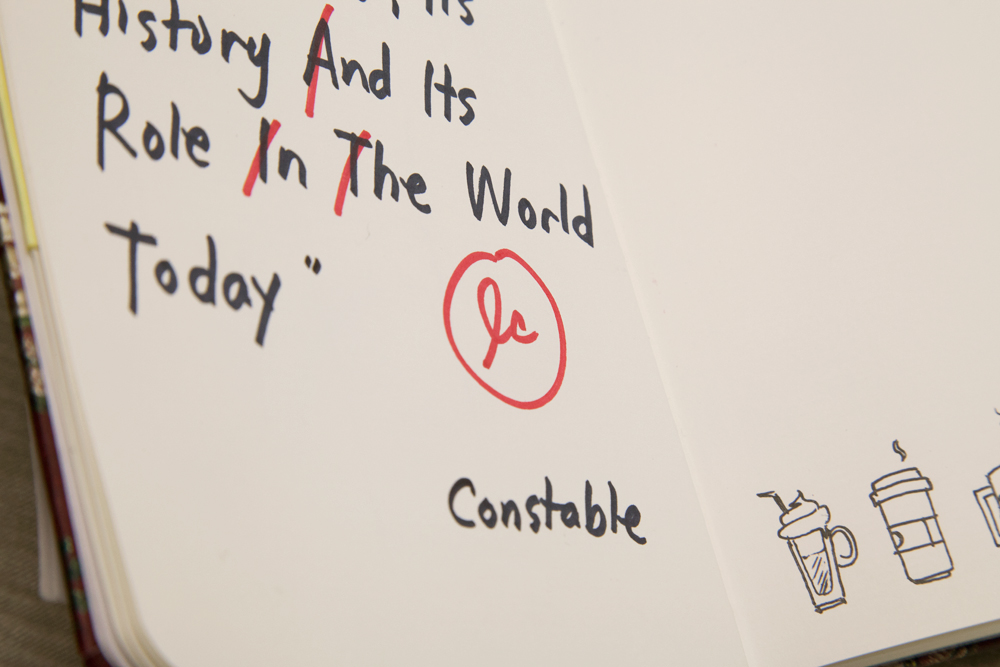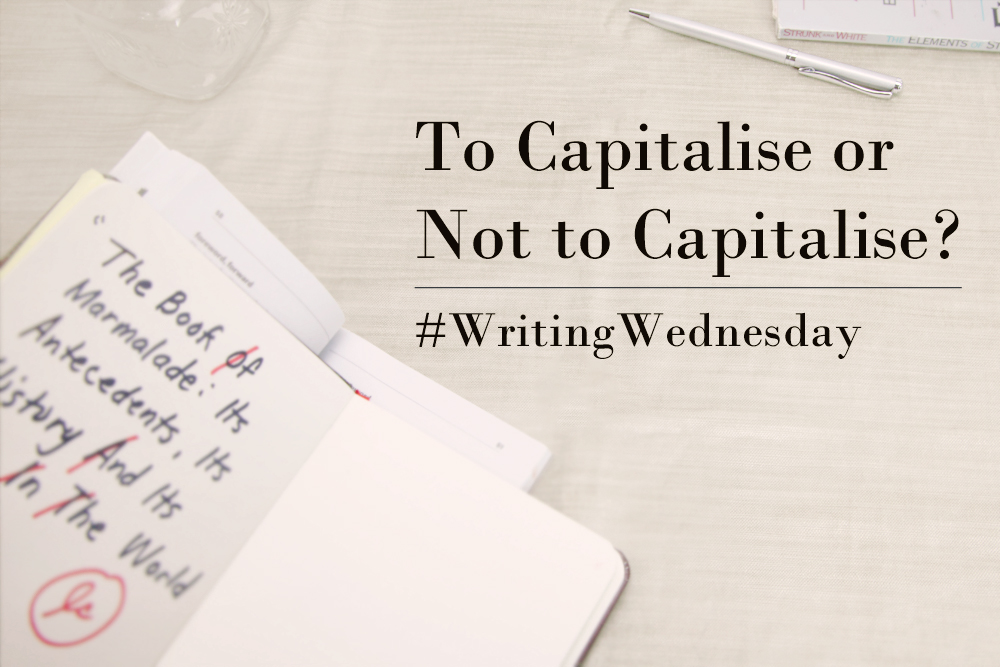We’ve all received, and possibly sent, emails that appear to be screaming at the recipient or typed on a computer with a broken “shift” key. While it may seem more casual or persuasive to capitalise words you want to draw attention to, throwing random capital letters (or, gasp, “all caps” words or sentences) into a piece of text can actually dilute your meaning, rather than enhance it.
The rules of the English language aren’t here just to trick you – they exist to help make communication easier. The established uses for capital letters are in place because they enhance our comprehension. When you see a capital you can immediately, and subconsciously, narrow down the type of word you are about to encounter. Capitals tell you to expect a new sentence or independent clause, a proper noun or a registered trademark. Other than these very specific uses, there are few other reasons to capitalise a word.
So, how can you capitalise on your capitalisation? Follow these simple rules…
DO Capitalise
- If you need to highlight the difference between two key points and aren’t doing so in the middle of body copy (this is us saying we can get away with these two headings)
- The most important words of headings or titles (generally words three letters or less do not get capitalised unless they are a proper noun)
- Proper nouns (used to describe specific, one-of-kind nouns, such as people, place or brand names)
- Titles associated with proper nouns, so long as they precede the noun (e.g., Founder and President Victor L. Marks is correct, but Victor L. Marks, Founder and President should actually be Victor L. Marks, founder and president)
- Familial titles when associated with a specific person, not that type of family member generally. For example, “my mum” or “my aunt” would be lowercase, but “Mum” or “Aunt Cathy” when addressing her specifically would be capitalised
- The first word of a sentence or following a colon
- The pronoun “I”
DON’T Capitalise
- Whenever you want to make a point – that’s what better word choices, or bold typefaces, are for
- Words that you personally feel describe important concepts, but that aren’t actually proper nouns (e.g., “the Cherry Blossoms are blooming” or “I LOVE to play Country Music on my Acoustic guitar”)
- In the middle of a sentence or following a semicolon
- Directions or seasons unless used as part of a proper noun. For example, you may “visit the Pacific Northwest for Spring Fling,” but you wouldn’t “drive Northwest in the Spring”
- Century numbers like “the twentieth century”
What common spelling or grammar trap do you find yourself falling into?
About Paperblanks: At Paperblanks, we believe that art should have a place in all aspects of life. That’s why we follow the artist’s way in everything we do – creating, crafting and releasing designs we believe have the power to touch people. For more about Paperblanks, go to our website at paperblanks.com.








It would maybe be helpful to illustrate with an example why it matters that words such as ‘president’ should only be capitalised when they are proper nouns.Under what circumstances would it be confusing or misleading if the capitalisation was wrongly applied or wrongly omitted?
Hi Phillip,
Thanks for your suggestion. The capitalisation of words is a helpful way of pointing out whether you are speaking generally or specifically about someone in a certain role. For example, if you saw the word “president” written in the lowercase in a piece of text, you could understanding that the role of president is being spoken of generally. However, if you saw it capitalised as “President” you would assume the writer is referring to a specific person in that role. It could be confusing if this character had not yet been introduced. Generally, “President” would be followed by another name, such as “President Lincoln.” It’s not exactly a deadly writing sin to mix these up, but is a piece of language “rules” that helps to avoid confusion.
Hope that helps!
Thank you for taking the time to reply, that is helpful
Happy to! Thanks for reading 🙂